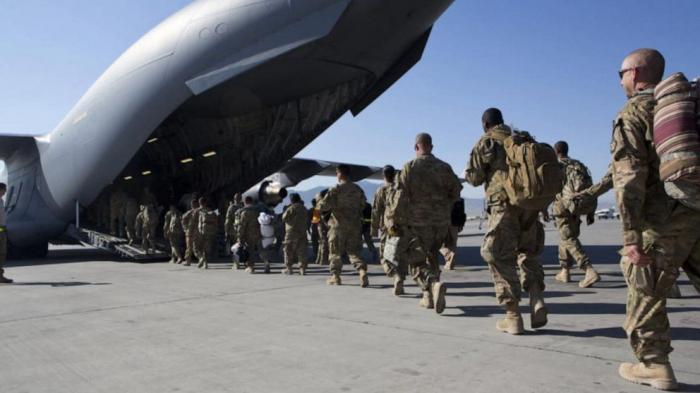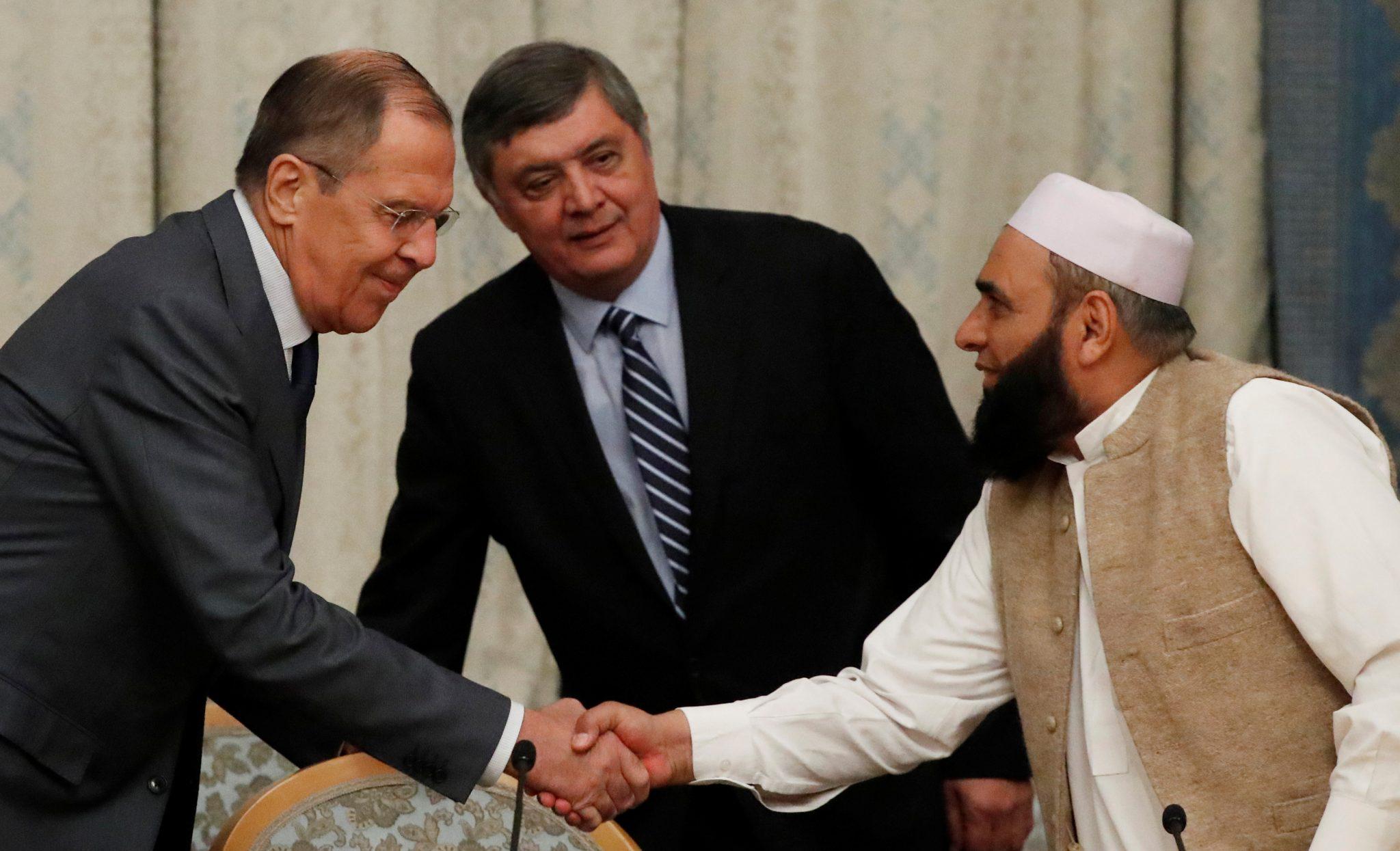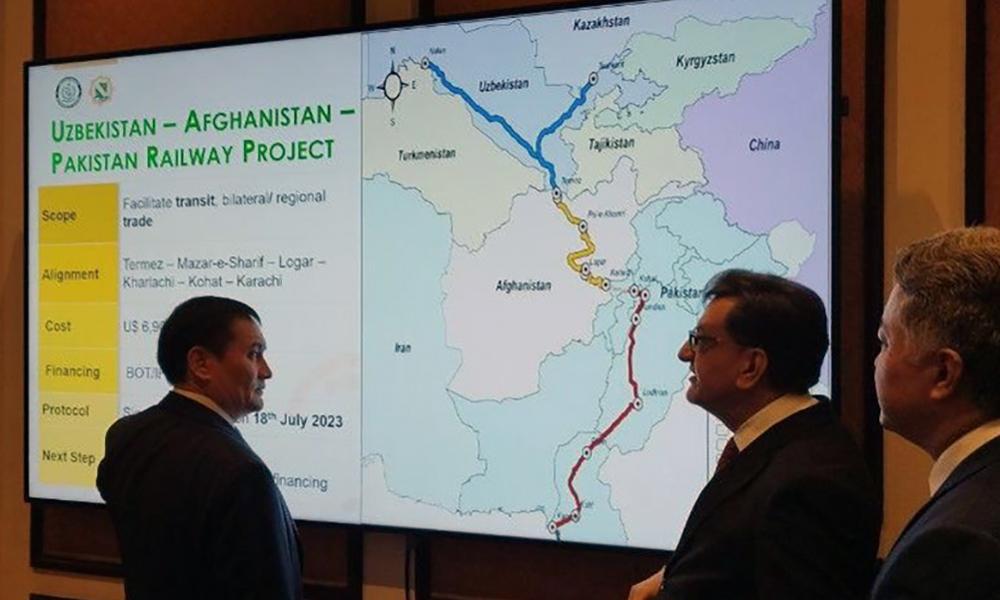Why does Russia want to recognize the Taliban government? Graveyard of empires
Despite being officially designated as a "terrorist organization", the official delegation of Afghanistan's Taliban government appeared at the most recent Saint-Petersburg Economic Forum amid reports that the Russian cabinet suggested Vladimir Putin remove the Taliban from the list of designated terrorist organizations. The Taliban has been on this list since 2003, alongside groups like al-Qaeda, for supporting separatists in the North Caucasus. While the Kremlin has yet to make a final confirmation on the Taliban, some of its partners like Kazakhstan, Turkmenistan, Uzbekistan, and Türkiye already established diplomatic relations with the new Afghan government and maintained a diplomatic presence in the country for more than a year.
For example, Kazakhstan removed the Taliban from its terrorist list in December 2023, which was a move confirmed by President Kassym-Jomart Tokayev in June 2024. While Russian President Vladimir Putin has not spoken on the matter directly, the move seems necessary to build ties with the Taliban and with the current leadership in Afghanistan.
In 2003, the Russian Supreme Court recognized the Taliban movement as a terrorist organization, saying it maintained links with illegal armed forces in Chechnya and tried to seize power in Uzbekistan, Tajikistan, and Kyrgyzstan. Russia launched a regional initiative in 2017 to negotiate between the Kabul government and the Taliban in an effort to create a peacemaker role for itself. Reportedly, Moscow has kept informal ties with the Taliban since 2015.

The American withdrawal from the landlocked country in 2021 gave Russia another opportunity to "return" to the war-torn country. This time, however, Moscow's primary goals seem to be closely related to economy and security. But that does not mean the Kremlin aims to establish a Russian military presence in Afghanistan. Given Moscow's preoccupation with the war in Ukraine and the recent withdrawal of Russian peacekeepers from Karabakh in 2024, Moscow is unlikely to have the ability to deploy forces to Afghanistan.
Nevertheless, maintaining a lower profile toward Afghanistan and the Taliban government did not prevent Moscow from acknowledging the fact that the Taliban is the real power in Afghanistan and that the group's possible removal from its list of banned organizations reflects objective reality.

Indeed, since ascending power in Afghanistan, the Taliban government has made enormous efforts to lift international sanctions and be recognized as a legitimate Afghan government. The possible recognition of the Taliban government will enable it to receive a significant amount of financial aid, including the frozen assets of the previous Afghan government in European banks that the new government desperately needs.
In this vein, Russian officials recently admitted that the Kremlin supports granting Afghanistan's seat at the United Nations to a Taliban representative. That could be the first step in the long process of taking the Taliban off Russia’s list of terrorist organizations. Russia likely sees an opportunity to ramp up engagement in the peacemaking process in Afghanistan, thus emphasizing the failure of the United States and NATO partners to achieve explicit results during the two decades of presence.

Moreover, the permanent diplomatic relations between Moscow and Kabul would enable the former to ensure regional stability in its immediate neighbourhood by controlling illegal drug and arms trafficking after a long time. In addition, the diplomatic rapprochement is of particular importance for Moscow to cooperate with the Taliban in countering the Islamic State – Khorasan province (ISIS-K) after it conducted a brutal terror attack in Moscow in March 2024.
As such, Moscow has professed interest in a whole series of ambitious projects involving Afghanistan: for example, the construction of the Turkmenistan–Afghanistan–Pakistan–India Gas Pipeline and the Trans-Afghan Railway linking Uzbekistan and Pakistan. However, these are a long way from being realized, mainly because of the security problems in Afghanistan.
The likely next step for Moscow is to officially remove the Taliban from Russia’s list of terrorist organizations and recognize the government in Kabul. The Kremlin does not seem to have much choice but to continue negotiating with the Taliban government, aiming to gradually increase its influence in one of the most fragile regions.









